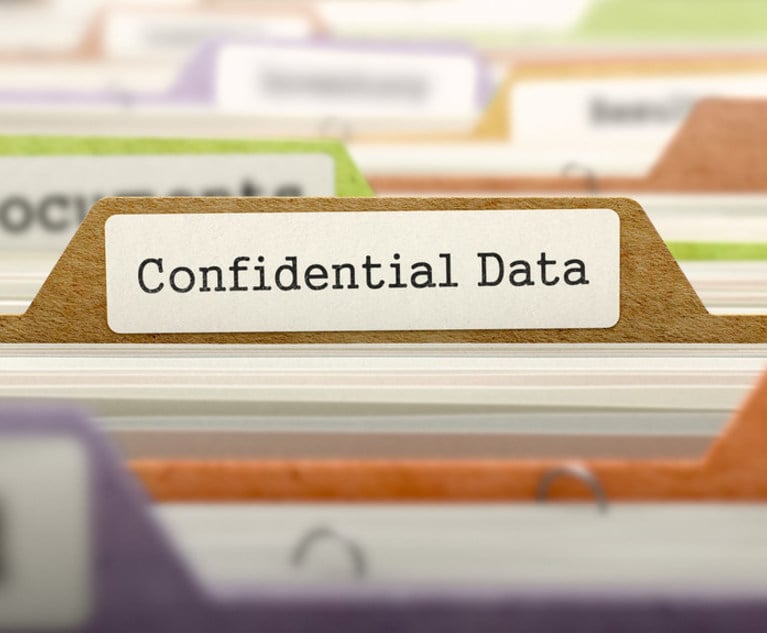Imagine a smart health care world where X-rays and scans are co-read by intelligent machines as well as human technicians for greater accuracy, where hospital rooms are equipped with “Alexa” devices to answer patients’ questions or summon nurses, where patients from pregnant mothers to heart attack survivors are monitored remotely and require fewer office visits, where surgeons operate using a robotic arm while watching a magnified monitor, where doctors and hospitals can be paid almost instantaneously with little patient effort.
All those scenarios and more are in various stages of use or development in the U.S. health care industry. Now, imagine the in-house lawyers needed to make it all work.








